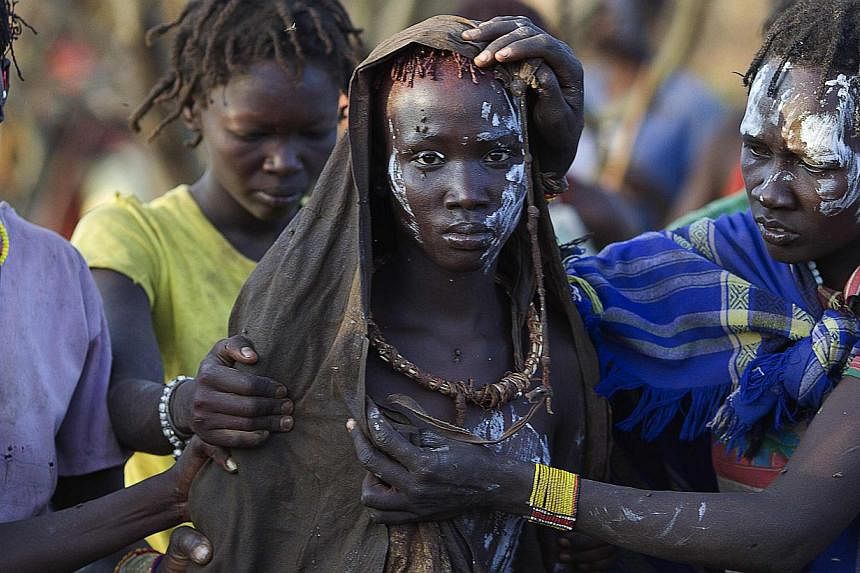NAIROBI (AFP) - Kenyan school children have ended school for December holidays accompanied with a stern warning to parents: carry out female genital mutilation and be prosecuted.
The often deadly practice, which ranges from slicing off the clitoris to the mutilation and removal of the entire female genitalia, is banned in Kenya but still regularly carried out.
Kenya's Office of Public Prosecution noted with "grave concern" December holidays were "a high season for Female Genital Mutilation (FGM) and early forced marriages."
Anti-FGM prosecution unit chief Christine Nanjala, in a letter to parents, guardians and medical practitioners, warned officers were monitoring communities where FGM or underage marriage was common practice, and would "take legal action against anybody involved."
According to the World Health Organisation (WHO), FGM procedures are mostly carried out on young girls sometime between infancy and age 15, and occasionally on adult women.
The practice is in many communities believed to reduce a woman's libido and therefore believed to help her resist "illicit" sexual acts.
But apart from the intense pain itself, immediate dangers of FGM include bleeding and infection.
In the longer term, risks include infertility and complications during childbirth, sometimes resulting in the death of the baby.
More than 125 million women have been mutilated in 29 countries in Africa and the Middle East, according to WHO, which condemns the practice as a "violation of the human rights" of women.
Kenya outlawed FGM in 2011, with practitioners punishable by a minimum three-year jail term or fine, and life imprisonment if the procedure causes death.
Earlier this month UN chief Ban Ki Moon launched a global campaign in Kenya to end FGM within a generation.

